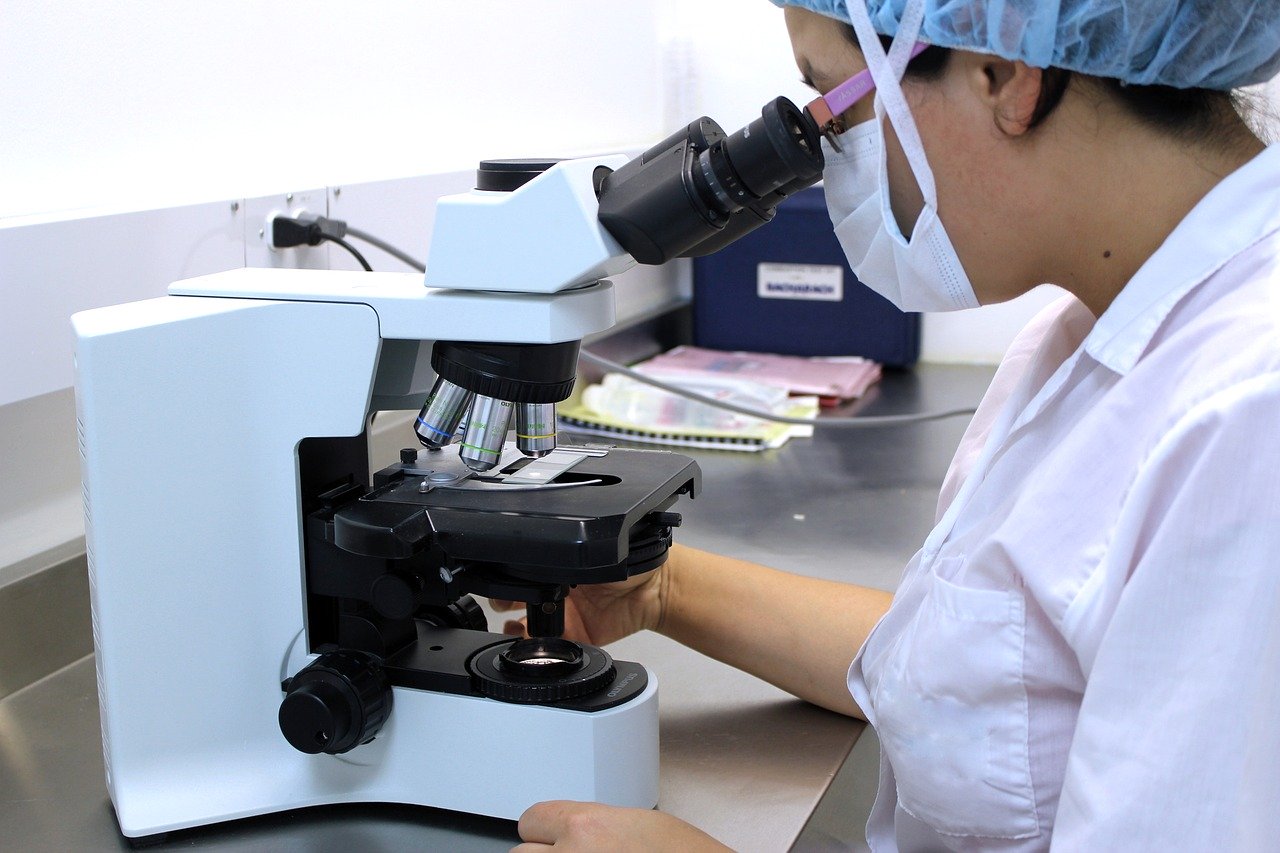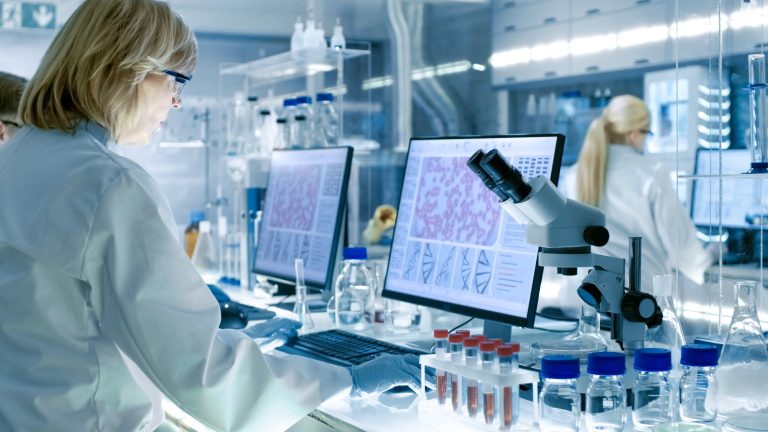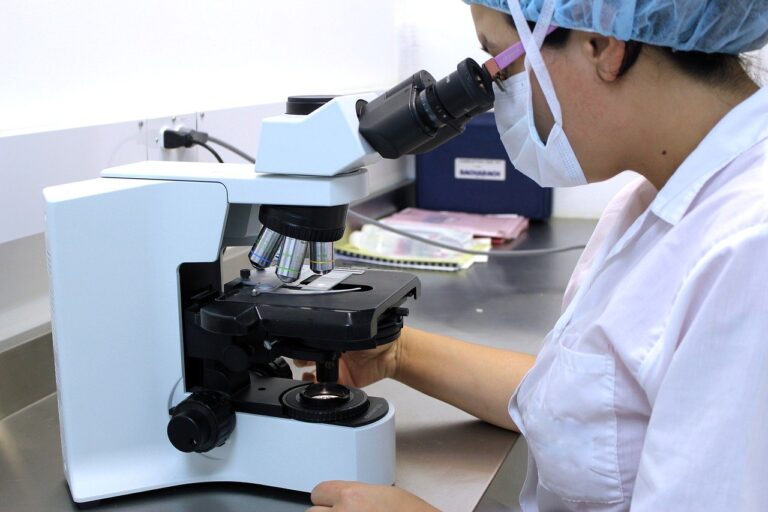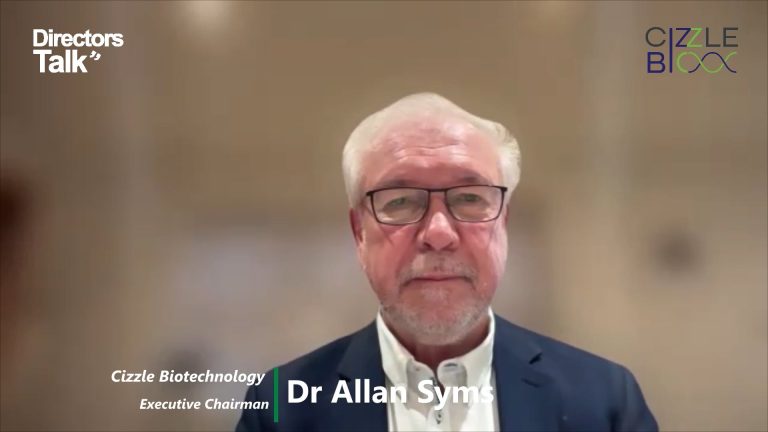Cizzle Biotechnology Holdings plc (LON:CIZ) Executive Chairman Allan Syms caught up with DirectorsTalk for an exclusive interview to discuss the commercial and royalty agreement to develop and market their early lung cancer detection tests in China.
Q1: Alan, you announced a full commercial development and royalty agreement to develop and market Cizzle Biotechnology’s early lung cancer diagnostic tests in China. Can you just tell us a bit more about this?
A1: The first thing I should say is the big thank you to our new Chinese partners because, as we all know, it’s Chinese New Year and so in negotiating this contract, they did so right through their China new period so that we can get on with this programme and get our technology introduced to China. So a big thank you to them for spending their time on their biggest holiday of the year.
Let me tell you a little bit more about who the Chinese partners are and why it’s so important that we bring this technology to China. The two partners that we’ve got, they may not be household names but they’re very important in terms of the knowledge and access to the market and were created by names that are household.
So, our first partner is actually an accelerator of medical technology tests in China and they were formed by big names that you will know Robert Bosch, which we all know for household appliances, by Sinopharm, which is China’s largest pharmaceutical company, Medical Valley in Germany, which is a, a huge area, very closely associated with Siemens so really big names behind the people who want to bring our technology to China. The second group is actually involved in artificial intelligence and how to bring early diagnosis to the peoples of China.
A little bit about China itself. We all know China is a very populous country, 1.3 billion people in China, and there is a high risk of cancers there, particularly lung cancer. It’s estimated that almost 95 million people in China have been estimated to have a high risk of lung cancer and the reason for that in part, sadly, is that smoking is still quite prevalent in China and smoking’s one of the big reasons why people get cancer.
So, you’ve got this huge population of people in China that are at high risk, that is coupled with the fact that the healthcare infrastructure is perhaps not as extensive as it is here in the UK, and as a consequence of that, very often people don’t know they have lung cancer until it becomes symptomatic, which means then that the disease has actually spread. Very often, we don’t know we have lung cancer when it’s early, at stage one and it’s only when it becomes symptomatic that we know that the disease has progressed and the survival rates drop off quite dramatically, if you don’t detect it early.
The bottom line is, is that China is crying out and needs an early lung cancer test and that’s what’s we’re bringing, that’s why they’re as excited as we are that we’re actually bringing this test to China.
Now, many people will say, well it’s a big market and there are these 95 million people who are at high risk, what does that mean for our business? The answer to that is that it’s their view that the target price for test would be £100 so they’re estimating a potential market of 3 billion. Now that’s a big number, and we had to negotiate hard, but we have secured a royalty of 10% against that income and the Chinese are paying for all of the development in China.
So they’re doing all of the development, all of the clinical trials, all of the manufacturing and all of the distribution at their cost so this is the net benefit to us so commercially, it represents a very significant deal for the company.
Q2: Can you tell us more about your exclusive early lung cancer diagnostic technology and what it does?
A2: The answer is, it’s been in the making for a number of years now, it was actually created at the University of York by Professor Dawn Coverley who identified a protein that is circulating in people’s blood called CIZ1b, hence the name of our company.
This CIZ1b protein is a very important biomarker because the identification of it in your blood indicates that you have a very early stage lung cancer. That is important because the earlier that you can detect the presence of a lung cancer, the greater is the chance that you can intervene surgically or with some other therapeutic and actually cure the person. The problem with this disease is that if it is not detected until it’s much later, then unfortunately the survival rates drop off quite dramatically.
It’s so important to have an early stage lung cancer test and, I’m not sure if your listeners know, tomorrow is World Cancer Day and so it’s very important that signing this deal this week and we’ll have something to say about that tomorrow as well, is that one of the best ways of defeating cancer is to detect it early.
So, we are working very hard to develop this test so that it becomes available not just here in the UK, but in China and elsewhere in the world.
Q3: Finally, how will this arrangement in China work from a financial point of view and potentially generate future revenues for Cizzle Biotechnology?
A3: It is very difficult to operate in China, make no mistake about that. Many people talk about relationships that they were about to do in China, it is very difficult to do that unless you have a very strong partner.
So, part of our negotiations were to get our Chinese partner to commit to the finance of all of that development programme and, as I indicated earlier in this interview, they’re picking up the bill for doing all of the development, they’re picking up all of the costs for doing these clinical trials, all of the manufacturing and all of the distribution. So, there’s a net zero outlay from the company to get access to this important market.
Although we’ve only announced the deal today, we did say back in November that we had signed an MOU and they’ve been very busy since then securing the early work that’s needed and part of the early work is to get their key opinion leaders, their key scientists on board.
So, they’ve already mapped out the initial pilot with the top Chinese cancer unit so the top cancer hospital, part of the Chinese Academy of Medical Sciences and the Beijing Cancer Hospital. They have these links into these key groups and so, we’ll be looking forward to actually driving those early pilots and getting adoption in the country.
The end result of all that is that when they get to market and they have sales, we get paid a royalty and that royalty is based on 10% of all of their sales. So the cash really flows into the company without any deduction of costs of sales so it’ll drop pretty much through to the bottom line.
So it’s a very significant financial deal on the company.







































